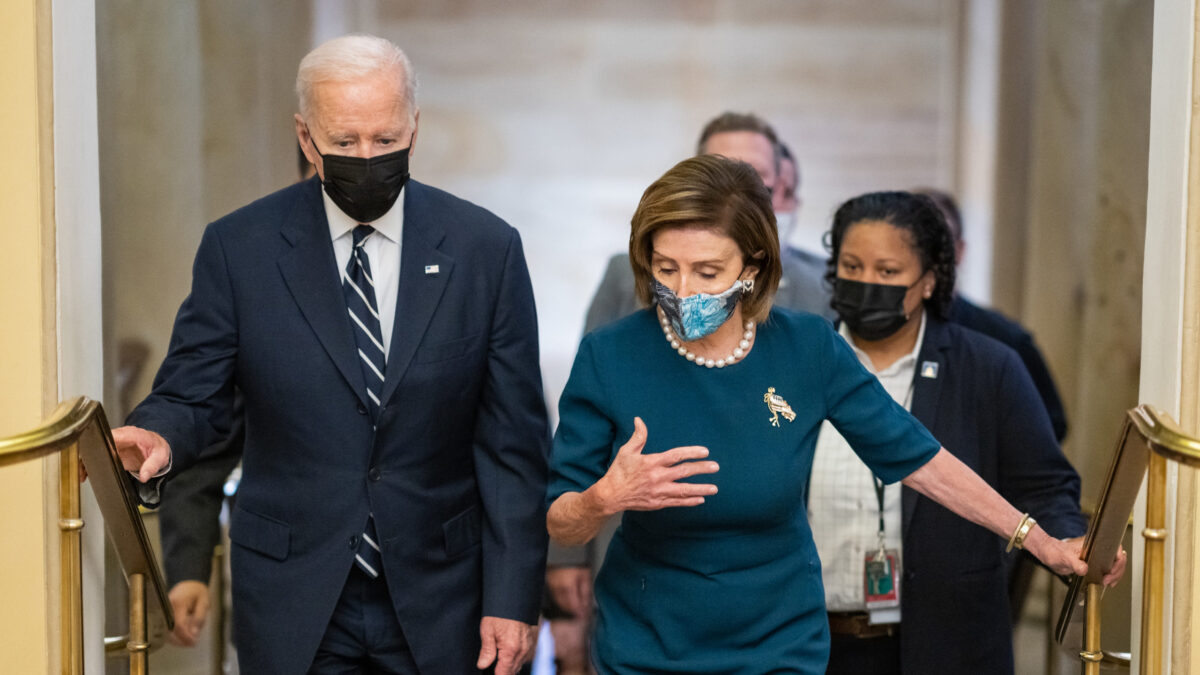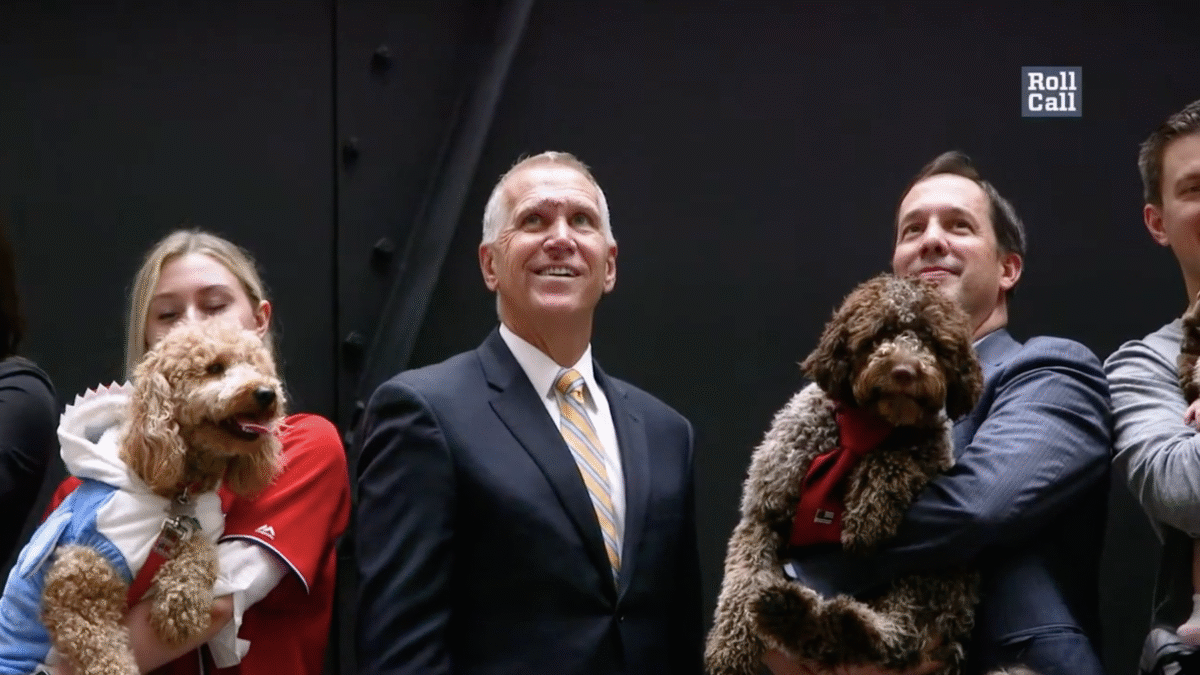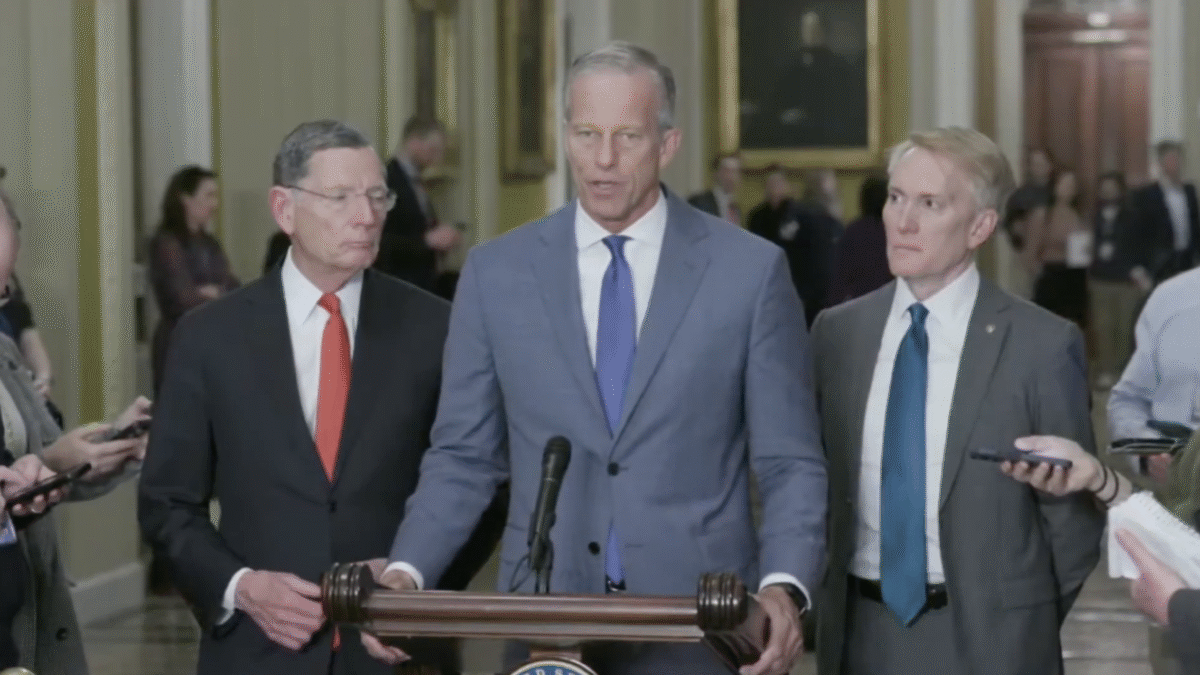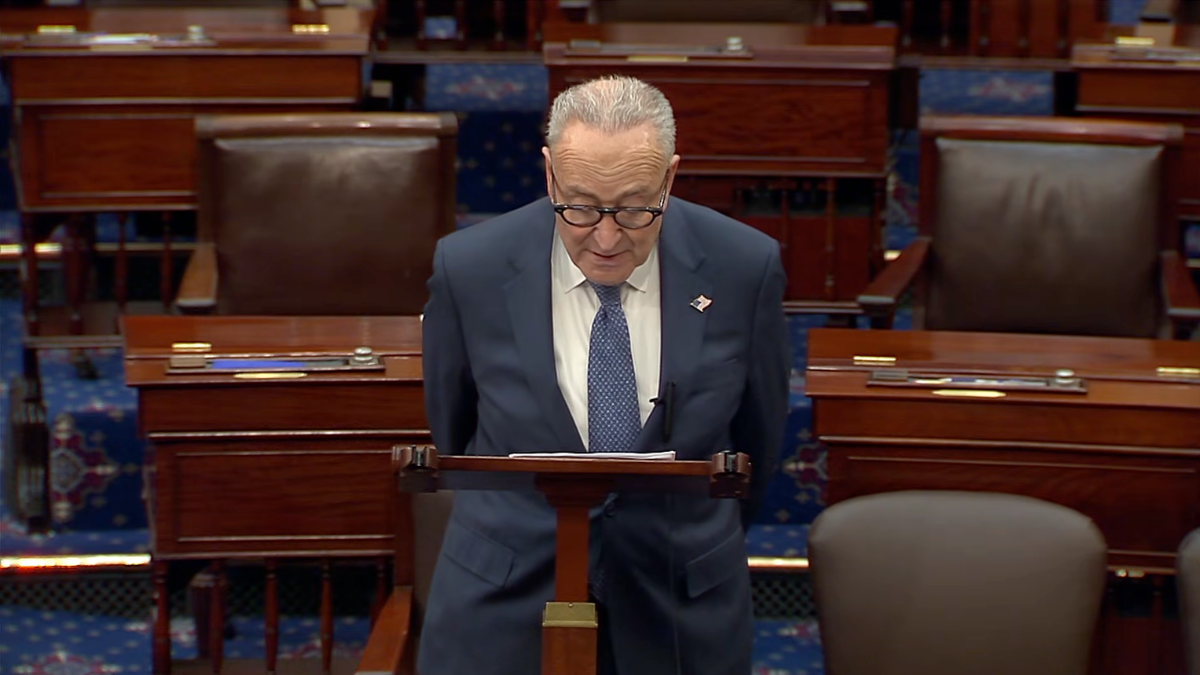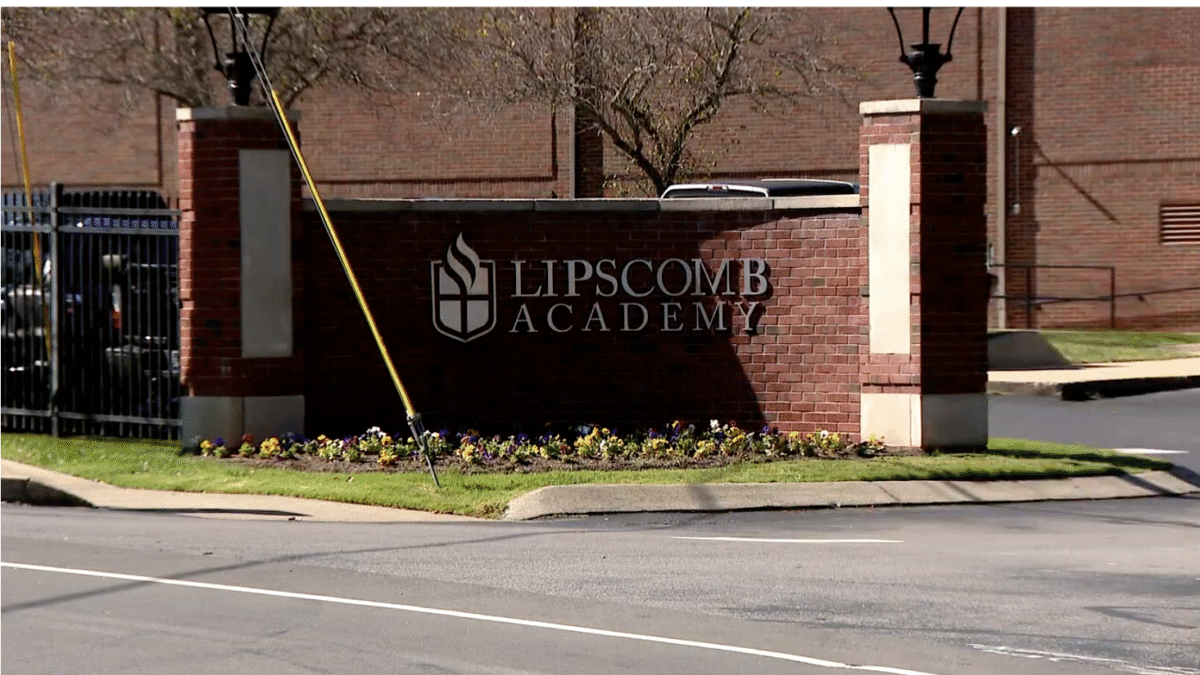Our national elite is united enough to have the vices of a ruling class, but not the virtues. In particular, they are cohesive enough to be perceived as oppressive by much of the populace, but they are rarely gracious and conciliatory when needed. They know how to make enemies, but not friends.
Culturally and ideologically, America’s elites have consolidated into a regime, with Big Tech, the legacy media, academia, Big Business, the entertainment industry, and, of course, the leaders of the Democratic Party, all singing from the same hymnal, even if they sometimes squabble over the key. But many citizens refuse to join in.
Our Elites Have Nothing to Appeal to But Themselves
The American ruling class thus faces an ancient problem: how do political, cultural, and economic winners convince everyone else to accept the system; how do elites secure the consent of non-elites? Members of our ruling class cannot appeal to religion or immemorial custom to justify their place. Indeed, they cannot appeal to much of anything beyond their own supposed merits, both personal (they earned their place) and as a class (they believe themselves to be wise and leading us well).
But the superlative merits of our ruling class are less obvious to the rest of us. Thus, hardly a day goes by without The New York Times, Washington Post, and other legacy media outlets warning that some villain or other — Donald Trump, Fox News, Facebook misinformation, the Senate, the Supreme Court, even local leaders and parents — is a Threat to Our Democracy! By democracy, they mostly mean the wishes of the ruling class.
Conflating the regime with democracy has its benefits: it allows elites to dismiss the opposition as illegitimate, even when the opposition has majority support (e.g., voter ID laws). This, along with elite belief in their own superiority (moral as well as meritocratic), justifies the regime. And it justifies them in wielding their enormous cultural and economic power, as well as political power when they have it, to punish and exclude dissenters.
Elites’ Hypocrisy Undermines Their Credibility
For instance, the regime has decided that bigots — by which they mean anyone who thinks that men shouldn’t dominate women’s sports, or that marriage is the union of a man and a woman — should be suppressed by the legal system and by the monopolistic tech platforms that now constitute the public square.
The regime has similarly decreed that racists — by which they mean anyone who won’t repeat the dogmas of critical race theory and “anti-racist” hucksters like Ibram X. Kendi and Robin DiAngelo — should be suppressed throughout public education, academia, and even the business world. Similar trends abound throughout the centers of entertainment, finance, culture, and even the newly woke military.
There is nothing democratic about this. Indeed, it is the elites who threaten our democracy, such as when corporate media colluded with Big Tech to censor accurate reporting about Biden family scandals, or Big Business imposes economic sanctions on red states over everything from election laws to LGBT issues. The hypocrisy of it all rankles.
Woke capital’s CEOs wave rainbow flags and Black Lives Matter banners at home while using slave labor abroad. Democrats and supposed policy experts pushing to ban misinformation are often leading disseminators of it, from the Russian collusion hoax to the dismissal of the lab-leak theory of COVID-19’s origin.
When Society’s Shepherds Function as a Herd
This combination of arrogance, incompetence, and malice undermines the legitimacy of elite power. A prudent ruling class would be self-aware enough to realize this vulnerability. It would be wise for them to be less culturally aggressive, economically greedy, and politically domineering, but our elites lack the coherence and self-restraint to do so.
Their unity is sufficient for them to be feared or hated, but not enough to make sound strategic decisions. Rather, they function as a herd, with individuals mostly responding to the pressure exerted by those next to them. And the internet has brought them closer together than ever; even when they are physically apart, they remain within the same milieu.
Those within the herd disdain outside opinions, and there aren’t enough insiders willing to challenge the herd. The ingroup incentives almost all run toward doubling down, as there is little status to be gained by challenging herd orthodoxy.
Just look at J.K. Rowling and Dave Chappelle, who have been threatened and stigmatized for daring to question transgender dogmas. While they are too big to cancel, the fury directed at them is still an effective warning to those who don’t have such money and fame.
Furthermore, even when the herd does change its ponderous course, there is little gratitude shown toward those, whether on the inside or on the outside, who were right in the first place. This is why interesting left and center-left writers are on Substack — the legacy media wouldn’t publish the likes of Freddie deBoer’s magnificent broadside against Harvard University.
The Regime Is Making Enemies
Thus, the ruling class struggles to curb its excesses, even though doing so would strengthen its position. For example, our ruling class has been slow to accept that it was foolish to excuse riots and embrace soft-on-crime policies. Likewise, elites have continued pushing for derivatives of critical race theory and other ideological indoctrination in schools, despite parents revolting.
These examples also show why the regime is persistently producing enemies. The consolidation of the ruling class leaves a lot of people on the outside, as well as some on the inside who are revolted and looking to get out.
The dissidents range from ordinary people to local leaders to class traitors such as Tucker Carlson, Josh Hawley, and Ron DeSantis, who have used elite credentials to lead the opposition. These populists can win, because despite the regime’s democratic pretensions, the people are not in favor of their radical ideological fads.
Elites are inevitable; their legitimacy and continuity is not. Ours lack the virtue and wisdom needed for good governance and leadership. Instead of expertise, they offer incompetence, malice, and herd-like conformity to self-serving ideological fads. Hopefully, political defeat and cultural failure will force a reckoning.
